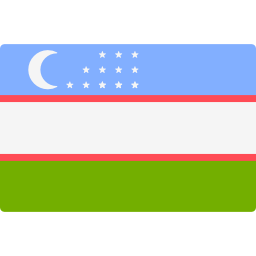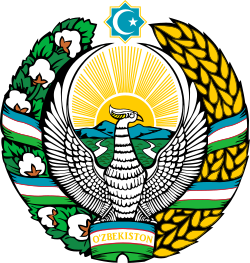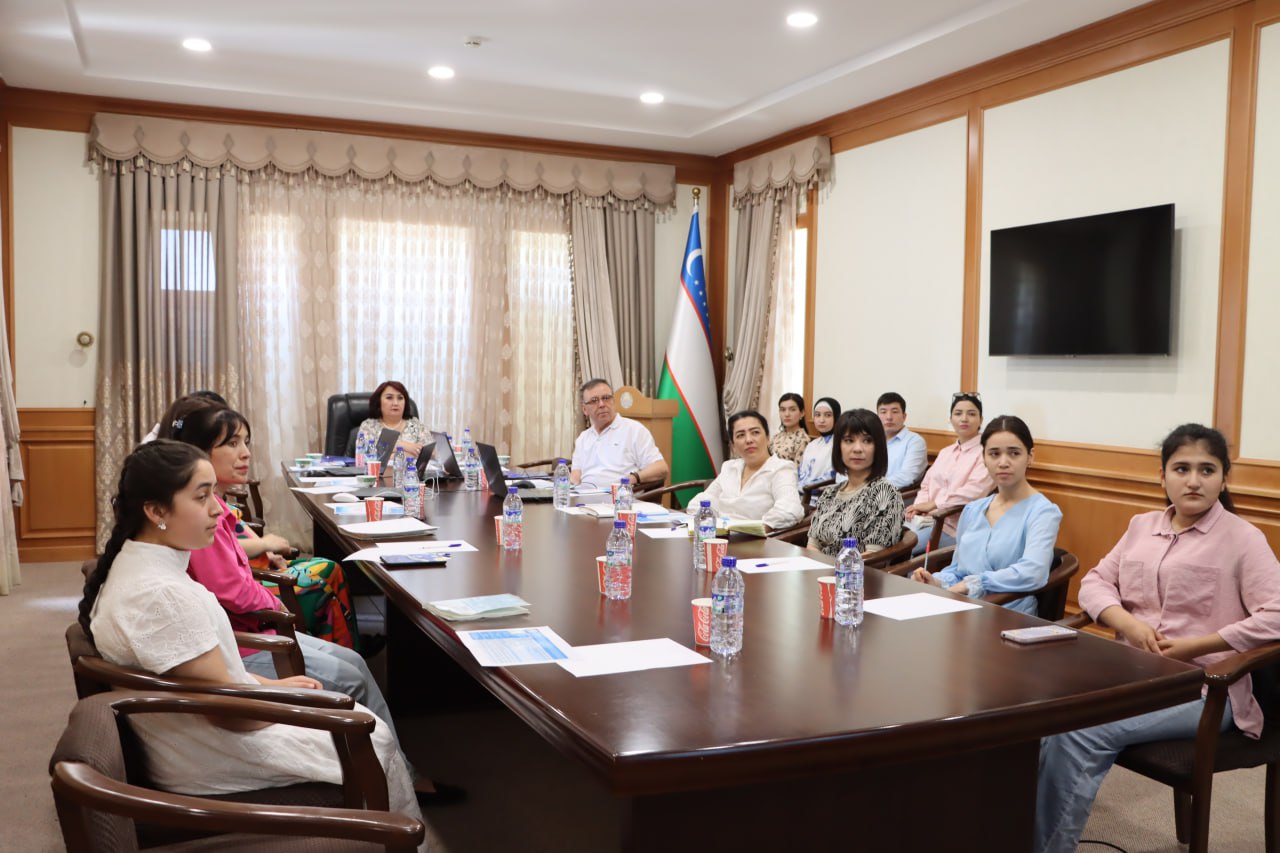
Theoretical and Practical Issues of the Uzbek Language National and Educational Corpus
On May 10, 2023, the Department of Applied Philology at the Tashkent State University of Uzbek Language and Literature named after Alisher Navoi hosted the 3rd annual Republican scientific-practical conference on the theme "Theoretical and Practical Issues of the Uzbek Language National and Educational Corpus."
As part of the 2020-2030 strategy for developing the Uzbek language and enhancing language policy, the national program emphasizes the need for the active integration of the state language into modern information technologies and communications, establishing its global status, and promoting its interaction with other languages. The program also outlines plans to develop textbooks and digital tools for teaching Uzbek to both compatriots living abroad and foreign learners, alongside organizing specialized language courses.
According to Presidential Decree No. 6084, titled "On Measures to Further Develop the Uzbek Language and Improve Language Policy," the goals include creating 15 linguistic, sectoral-terminological, and explanatory dictionaries in 2020 to enrich the Uzbek lexicon, establishing the fields of "Computer Linguistics" and "Applied Philology" in higher education institutions, and developing a comprehensive digital national corpus of the Uzbek language, encompassing all scientific, theoretical, and practical data.
The conference featured a plenary session and multiple thematic panels, focusing on various topics, including:
1. The National Corpus of the Uzbek Language: Achievements, Challenges, and Future Tasks
2. Developing the Educational Corpus of the Uzbek Language
3. Formal Grammar Construction for the Uzbek Language
4. Prospects for Utilizing Corpora in Language Education
5. Challenges in Natural Language Processing
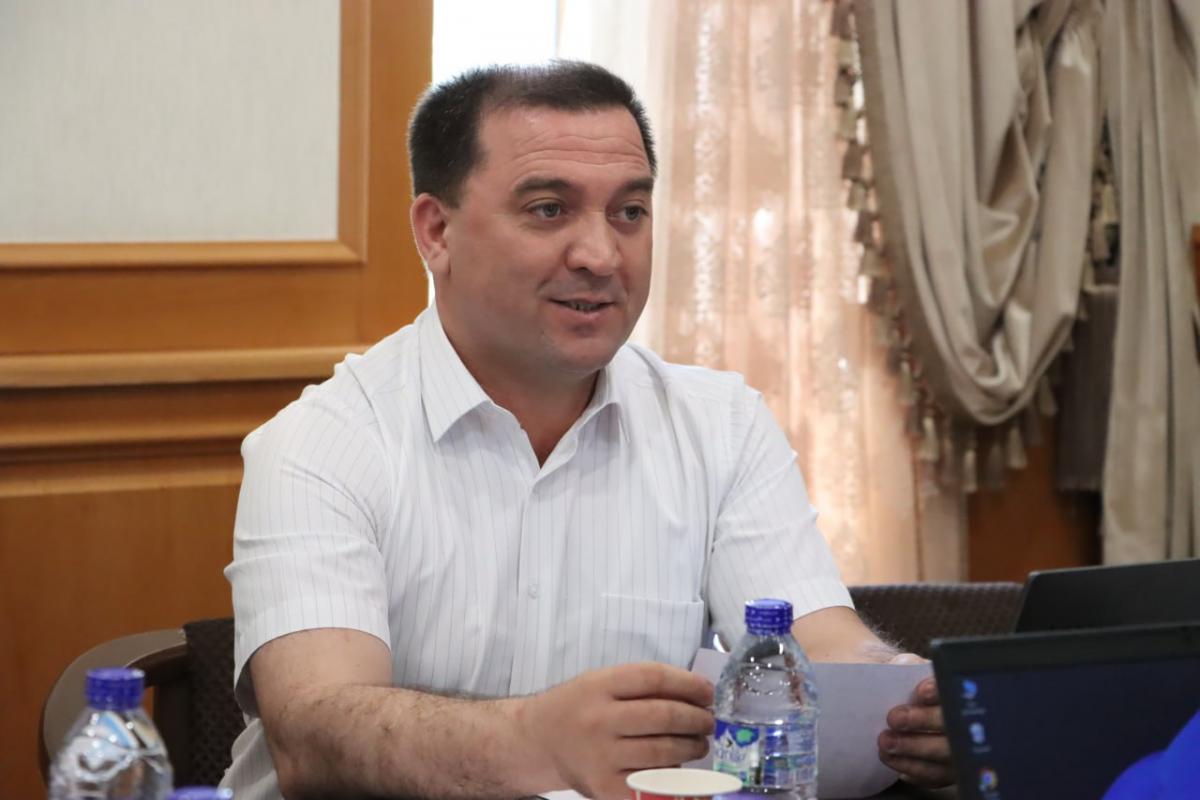
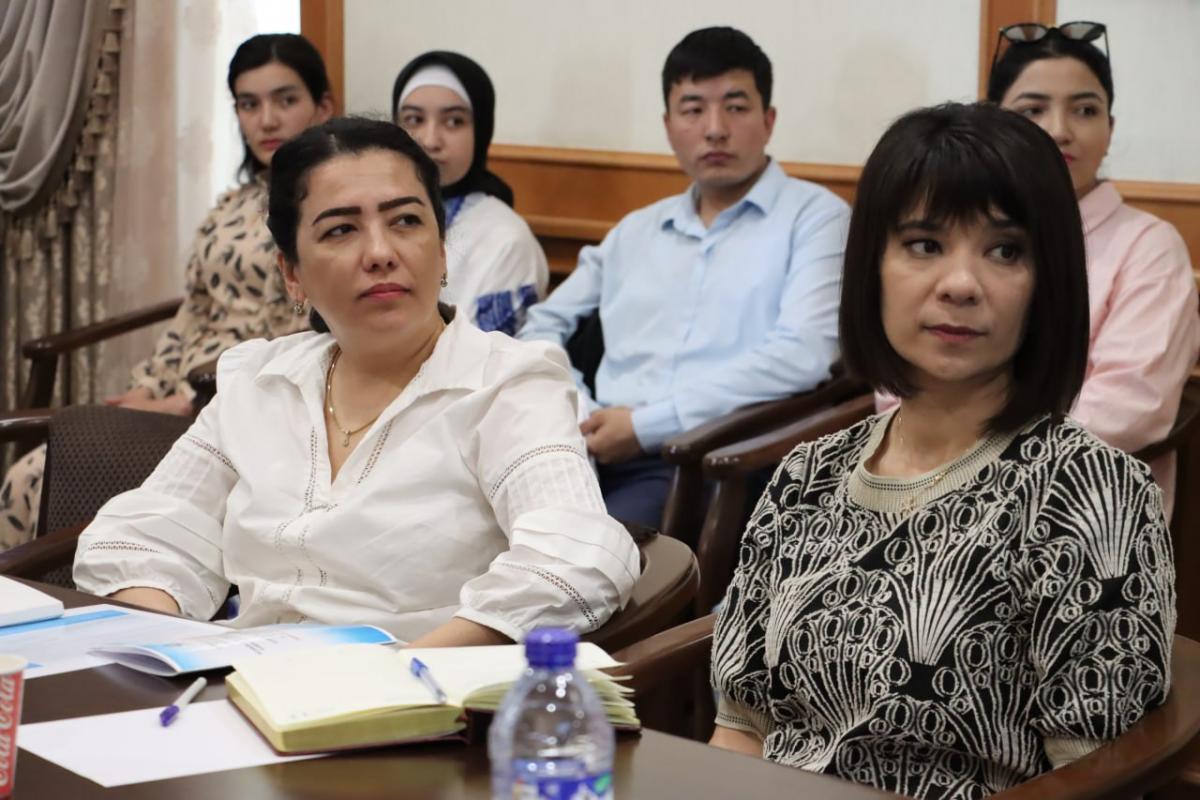
Keynote speakers at the plenary session included Professor Shuhrat Sirojiddinov, Rector of the Tashkent State University of Uzbek Language and Literature (TSUULL); Isajon Sultan, Advisor at the Ministry of Higher Education, Science, and Innovation; Odina Jamoliddinova, Vice-Rector for Scientific Research and Innovation at TSUULL; G'ofir Hamroyev, Advisor to the Senate Committee on Science, Education, and Healthcare; Professor Baxtiyor Mengliyev, Head of the Department of Applied Linguistics; Botir Elov, Head of the Department of Computer Linguistics and Digital Technologies, PhD; Shahlo Hamroyeva, Doctor of Philology; and Shahnoza Gulyamova, Doctor of Philology and Associate Professor of Applied Philology.
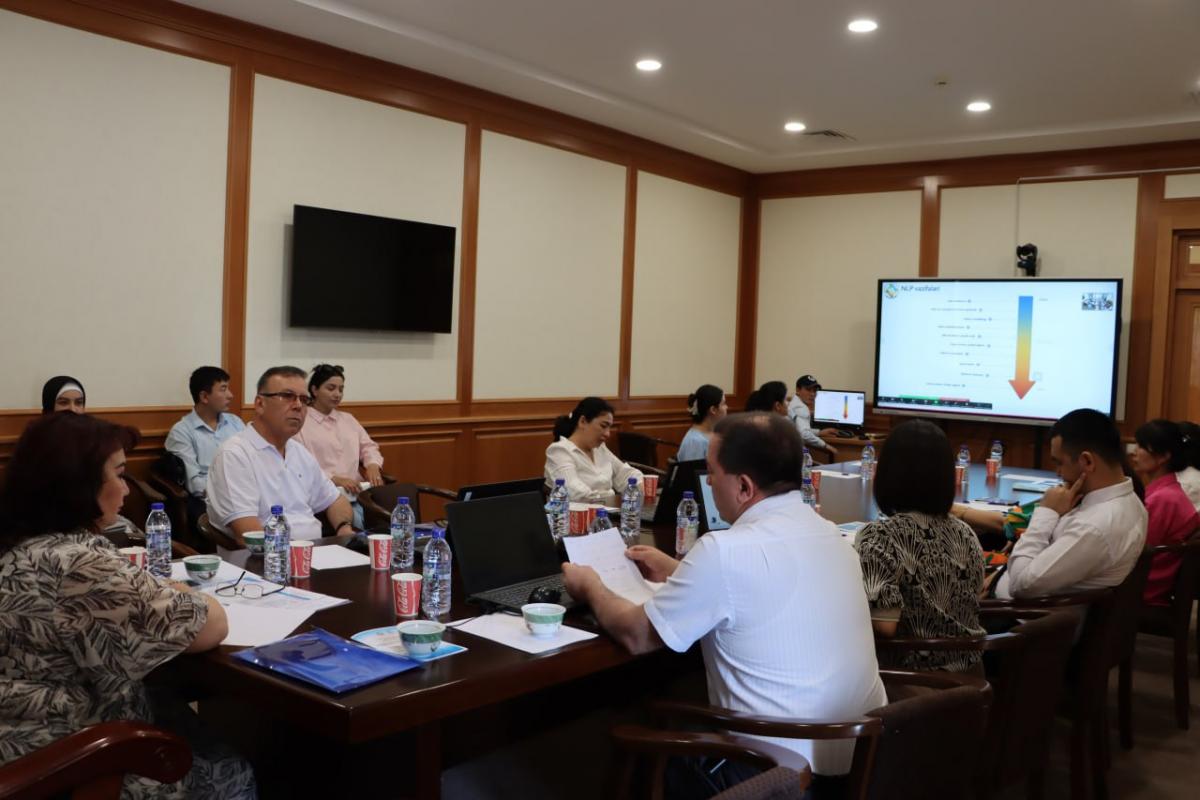
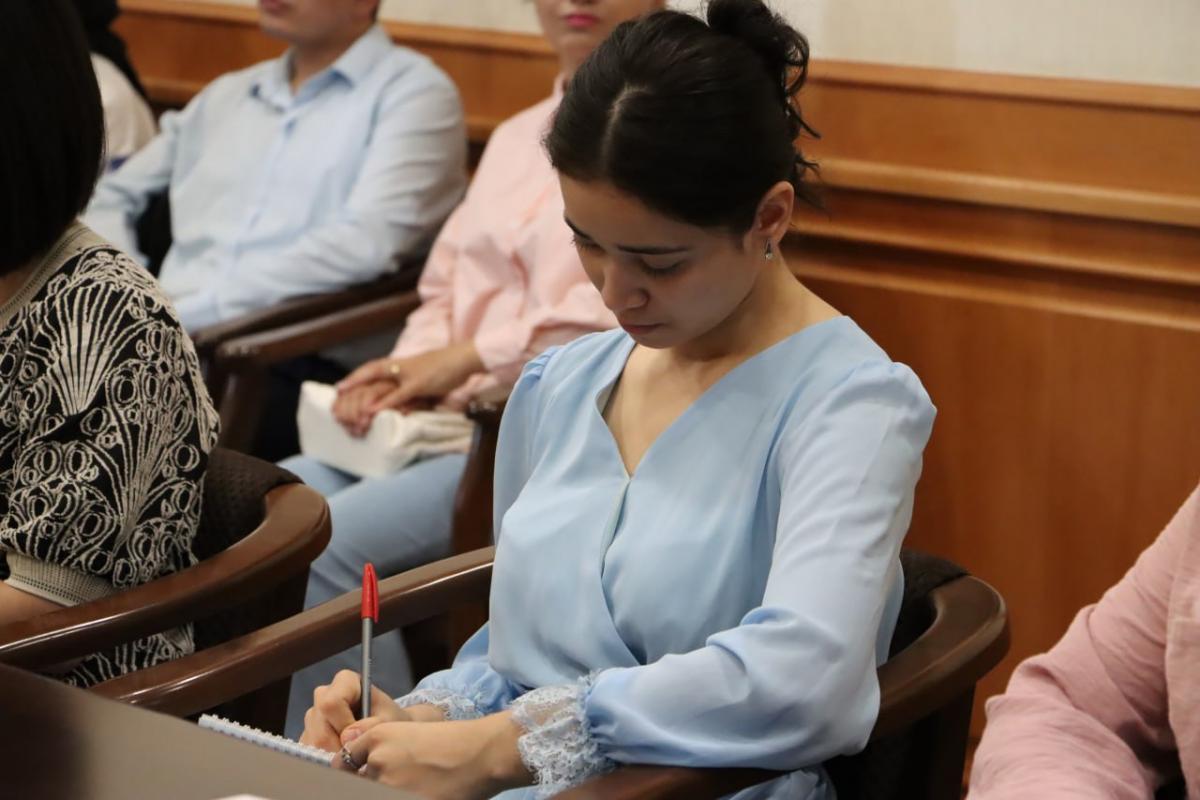
The plenary session was moderated by Professor Saodat Muhammedova, Dean of the Faculty of Uzbek Language Education at TSUULL. The breakout sessions featured active participation from professors, lecturers, doctoral students, independent researchers, and master's students from various universities, including Bukhara State University, Termez State University, National University of Uzbekistan, Uzbek State World Languages University, and Tashkent State Law University.
This conference underscored the importance of advancing linguistic research and integrating cutting-edge digital technologies to further develop the Uzbek language's academic and practical applications, both nationally and internationally.

